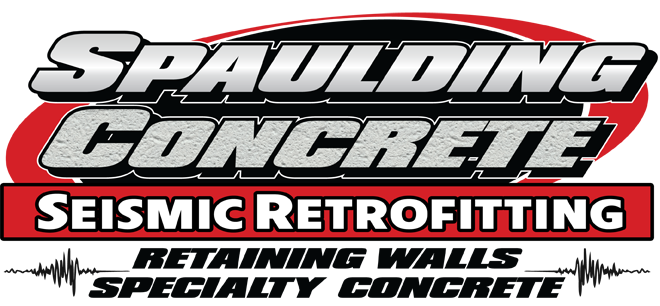What Should I Know Before Building An ADU?
What Is An ADU?
An accessory dwelling unit (ADU) is a smaller, self-contained residential dwelling unit that is built on the same property as a detached single-family home. Accessory apartments, secondary suites, and granny flats are all terms used in the United States to describe ADUs. Internal ADUs, extensions to new or existing residences (attached ADUs), or new stand-alone auxiliary structures (or converted portions of existing stand-alone accessory structures) are all examples of ADUs (i.e., detached ADUs).
What are the functions of ADUs?
For a variety of reasons, adding an ADU to your home is a good option. For starters, this space can be used by families to lodge adult children, providing them with a separate and private living place. Alternatively, you might lodge a senior family member who desires the independence of living alone but the security of knowing that relatives are close by. Similarly, an increasing number of senior citizens are considering constructing an ADU to house a potential live-in caregiver.
Additionally, an ADU can be used as a work space, similar to a home office. Working from home is becoming increasingly common, and those who do so often desire a place to withdraw to where they can focus without being interrupted.
Others use their ADU as a secondary source of income, either by renting it to renters or by listing it on homestay services such as Airbnb and VRBO.
What Kinds Of Rules Are In Effect?
While the rules for constructing an ADU differ by city, there are a few things to think about first. Zoning restrictions may restrict the kind of outbuildings you can construct on your land, and you may be required to obtain a permit. You may only be able to build certain sizes of ADUs depending on the size of your property.
If you’re thinking about building an ADU, go to your city or county’s website to learn about building, plumbing, and electrical codes. You may need to work with many bureaus or departments to get all the permits in order.

Are There Various Kinds Of ADUs?
There are two types of ADUs: attached and detachable. The restrictions will differ significantly depending on which form of ADU you’re attempting to construct, thus it’s critical to investigate the requirements for the type of ADU you’re attempting to construct. An attached ADU is a structure that is attached to your main construction. Additions to your home, garage conversions, and basement or attic conversions are all possibilities.
A detached ADU is a self-contained unit that is normally located in the property’s back yard. It could be a smaller house or cottage that is completely separate from the main construction. Detached ADUs are more expensive and time-consuming to build than attached ADUs.
What Should I Set Aside For An ADU Project?
It’s vital to remember that constructing an ADU is not a low-cost endeavor. It’s suggested that you set up at least $100,000 for this project, with separate ADUs costing considerably more. Consider the cost of hiring your team, materials and accessories, and obtaining the appropriate building permissions.
Are You Looking for a Company to Build a Foundation for Your ADU or Building?
If you’ve been researching building a foundation for your ADU or home, then chances are that you already know about the different types of foundations available. Depending on your goals and budget, there may be several solutions available to you. Spaulding Concrete has been the SF Bay Area’s top foundation builder for over 30 years. We’re here to fix your home’s foundation, no matter what problem may exist. We have the specialized equipment, services and professional experience that you need to make permanent improvements to your building’s foundation. If you have an ADU and want a new one built, then take care in finding someone who understands what is involved and who can get it done right! The qualified concrete experts at Spaulding Concrete will be on schedule, on budget and meet or exceed standards by careful planning, professional execution, and strict quality control. To schedule your free quote, contact us today! We are proud to serve Alameda and Contra Costa County, including projects in Orinda, Lafayette, Moraga, Pleasant Hill, Concord, Martinez, Pittsburg, Antioch, and Brentwood.

